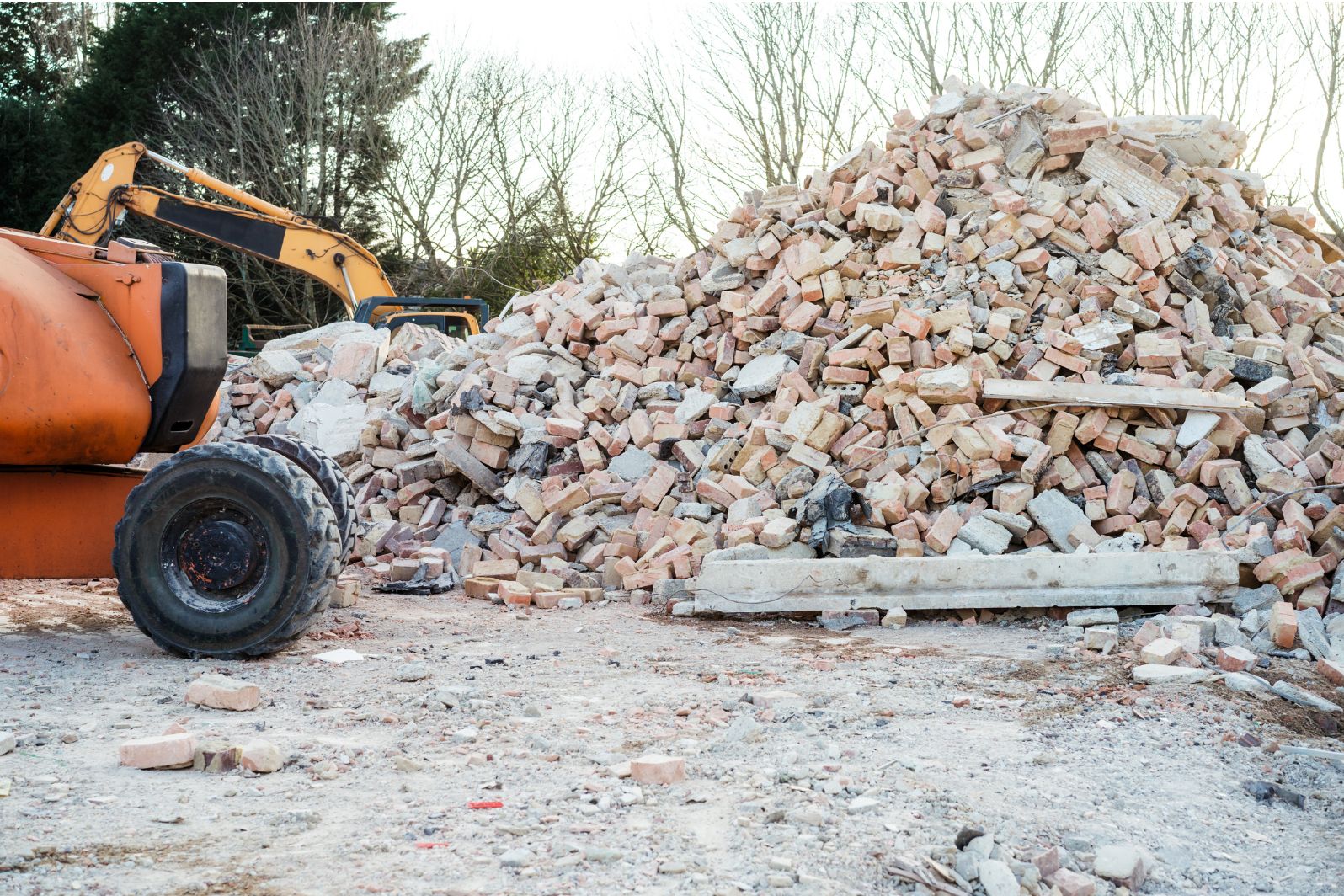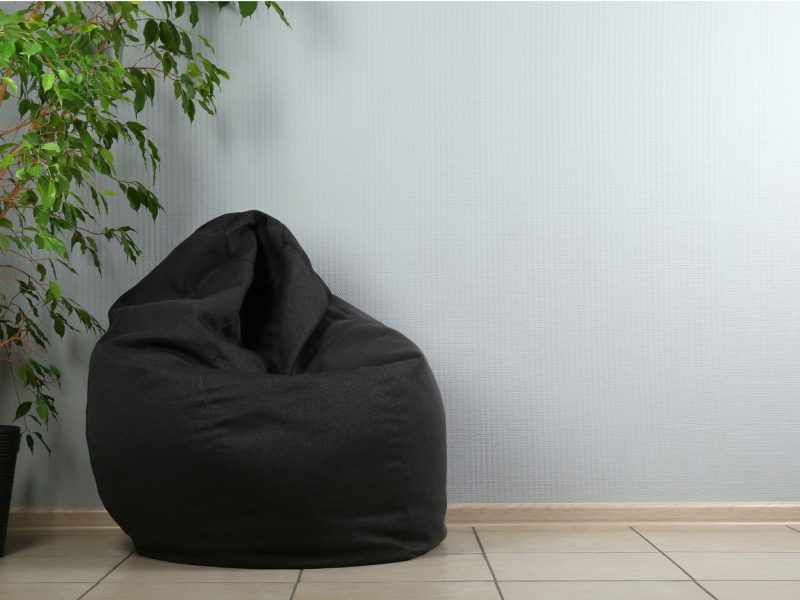Renovating your home can be exciting! However, it often creates a lot of debris. Whether you are changing your kitchen or fixing your bathroom, you must dispose of the waste safely.
Here are eight easy tips to help you manage your renovation debris.
Table of Contents
1. Understand What You Have
Before embarking on your project, take a moment to survey all the debris at hand. This can involve a variety of items such as wood pieces, old tiles, and plastic materials. By understanding the specific types of materials you are dealing with, you can make informed decisions on how best to manage and dispose of them. Keep in mind that different materials may require varying disposal methods based on their unique characteristics and environmental impact considerations.
2. Separate the Materials
Once you know your debris, separate it into different piles. Keep wood, metal, glass, and plastic in separate areas. This makes it easier to recycle or throw away. Many places accept specific recycling materials.
Properly segregating your renovation debris is essential for efficient disposal and recycling. Here are some steps to help you effectively separate the materials:
Gather Containers
Start by gathering different containers or bins to hold each type of material. Label them clearly, metal, glass, plastic, and general waste to avoid any confusion during the sorting process.
Start with Larger Debris
Begin by collecting the larger pieces of debris. For example, remove large chunks of wood or tile first. These can be cumbersome, so it’s best to handle them while the area is still clear.
Break Down Materials
For recyclable materials such as cardboard or plastic packaging, break them down into smaller pieces. This will save space in your bins and make them easier to transport.
Inspect Each Item
As you separate, take a moment to inspect each item. Check for anything that might be reusable or recyclable. If an item appears intact and functional, set it aside for donation.
Dispose of Hazardous Materials Separately
If you encounter hazardous materials like paints, solvents, or asbestos, set them aside in a designated container. These require special handling and should not be mixed with general waste or recyclable materials.
Contact Recycling Facilities
Research local recycling facilities to learn more about their specific requirements for accepting materials. Some facilities may have particular guidelines on how to prepare items for recycling.
By following these steps to segregate your renovation debris, you’ll not only make disposal easier but also contribute to environmental sustainability through effective recycling practices.
3. Check Local Rules
Before you dispose of anything, check your local rules. Each area has different laws about waste disposal. Some places might require you to use special bins for construction waste. Knowing the rules will save you time and avoid fines.
Navigating local regulations is crucial for ensuring compliant disposal of renovation debris. Each municipality may have specific guidelines regarding what materials can be discarded, where they can be taken, and the types of bins required for construction waste.
4. Use a Dump Trailer
If you find yourself dealing with a substantial amount of debris from a project, renting a dump trailer can be a practical solution. With a dump trailer at your disposal, you can efficiently gather all the waste in one place, simplifying the cleanup process.
Once the trailer is filled, you can transport it to the designated disposal site, ensuring proper waste management. It’s important to select a reputable rental company that offers reliable equipment and excellent service to make your debris removal experience hassle-free and effective.
5. Recycle Whenever Possible
Recycling is not only beneficial for the earth but also plays a significant role in sustainable practices. When you renovate, consider the various materials that can be recycled to minimize waste and support eco-friendly initiatives.
For instance, wood from your renovation projects can be repurposed or upcycled into innovative new products, reducing the environmental impact of your projects. Contact local recycling centers or explore recycling options to discover how you can contribute to a greener, more sustainable future.
6. Donate Usable Items
Sometimes, when you find yourself with items that are still functional and in good condition, such as appliances, cabinets, or fixtures, consider the option of donating them. There are numerous charities and organizations dedicated to accepting such donations, ensuring that these items find new homes where they can continue to be of use.
By choosing to donate, not only do you contribute to helping others in need, but you also play a part in reducing the amount of waste that ends up in landfills, promoting a more sustainable and environmentally friendly approach.
7. Hire a Professional
If your renovation created a massive mess, consider hiring a professional service. They specialize in debris removal and know the best ways to dispose of materials. While it may cost more, it saves you time and stress.
When it comes to managing large amounts of debris from your renovation, consider the convenience of a dumpster rental. A dumpster rental provides a designated space for all your waste, making it easy to keep your work area tidy. Choose the size that fits your needs for efficient material disposal as you work. This option simplifies the process and keeps you organized during your renovation project.
8. Follow Safety Guidelines
Always prioritize safety when handling debris. Remember to wear sturdy gloves and appropriate protective gear, such as safety goggles and a hard hat, to reduce the risk of injuries. Be cautious of sharp edges, rusty nails, and heavy objects that may pose a danger. Your well-being and safety should always come first in any cleanup or handling task.
Smart Disposal: Essential Tips for Safely Handling Renovation Debris
In conclusion, managing renovation debris doesn’t have to be stressful. By following these tips, you can dispose of your waste safely and responsibly. Remember to take the time to understand what materials you have available for recycling. It’s important to separate materials according to local rules and regulations to ensure proper disposal.
By recycling whenever possible, you’re not only contributing to a greener environment but also promoting sustainable practices. Happy renovating!
For more on this content, visit the rest of our blog!



